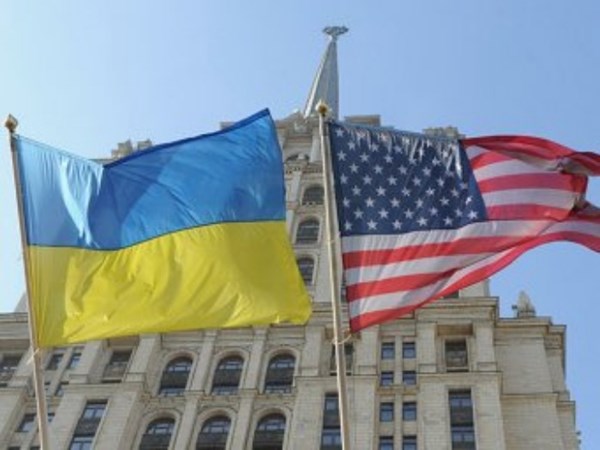Ukraine-U.S. negotiations on $500 billion critical minerals deal in limbo amid U.S. Administration transition
Ukrainian Deputy Prime Minister Olga Stefanishina provided updates on discussions between Ukraine and the United States regarding critical mineral resources. During a briefing in Warsaw, Stefanishina explained that delays in formalizing an agreement with the U.S. are due to the ongoing transition of the U.S. presidential administration
Contrary to reports, Ukraine has not outright rejected the agreement proposed by new U.S. President Donald Trump. The negotiations are simply paused as both parties await the full establishment of the new U.S. administration.
Stefanishina attended an informal meeting with European Union representatives in Warsaw on February 18. During this event, she addressed questions from journalists about the U.S. offer of a $500 billion deal to Ukraine. While the agreement is not actively being discussed, Stefanishina emphasized it has not been permanently dismissed.
"We're not currently in negotiations. As the U.S. administration takes shape, a lot is happening around us. However, Ukraine has not abandoned the agreement on critical minerals. Discussions are ongoing, and we anticipate that it will eventually be signed," Stefanishina stated.
She also referenced an EU summit on February 17, organized by French President Emmanuel Macron, and mentioned that Ukrainian President Volodymyr Zelensky has been briefed on its outcomes but refrained from divulging further details.
The proposed agreement details were made public in January when President Trump indicated his willingness to continue assisting Ukraine in exchange for access to rare earth metals. Ahead of the Munich Security Conference, U.S. Treasury Secretary Scott Besant visited Kyiv with the agreement, but it went unsigned after a brief meeting with President Zelensky.
According to The Washington Post's political analyst Josh Rogin, Zelensky's decision to refrain from signing was influenced by the lack of security guarantees within the agreement. Meanwhile, The Telegraph further explored the agreement's components, revealing that it involves a hefty $500 billion "compensation for aid," not just concerning mineral resources but also regarding access to ports and infrastructure.
Additionally, the U.S. proposed receiving 50% of profits from these assets, with vague terms not explicitly naming which assets. Moreover, should Ukraine lease these to third parties, 50% of the license prices would also benefit the U.S. Furthermore, partners would have the first right to purchase any exported mineral resources while controlling any decisions regarding resources and the economy. The deal's conditions have been likened by journalists to post-World War II reparations imposed on Germany.
